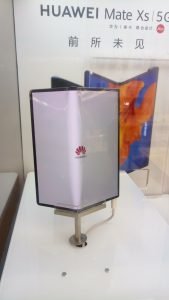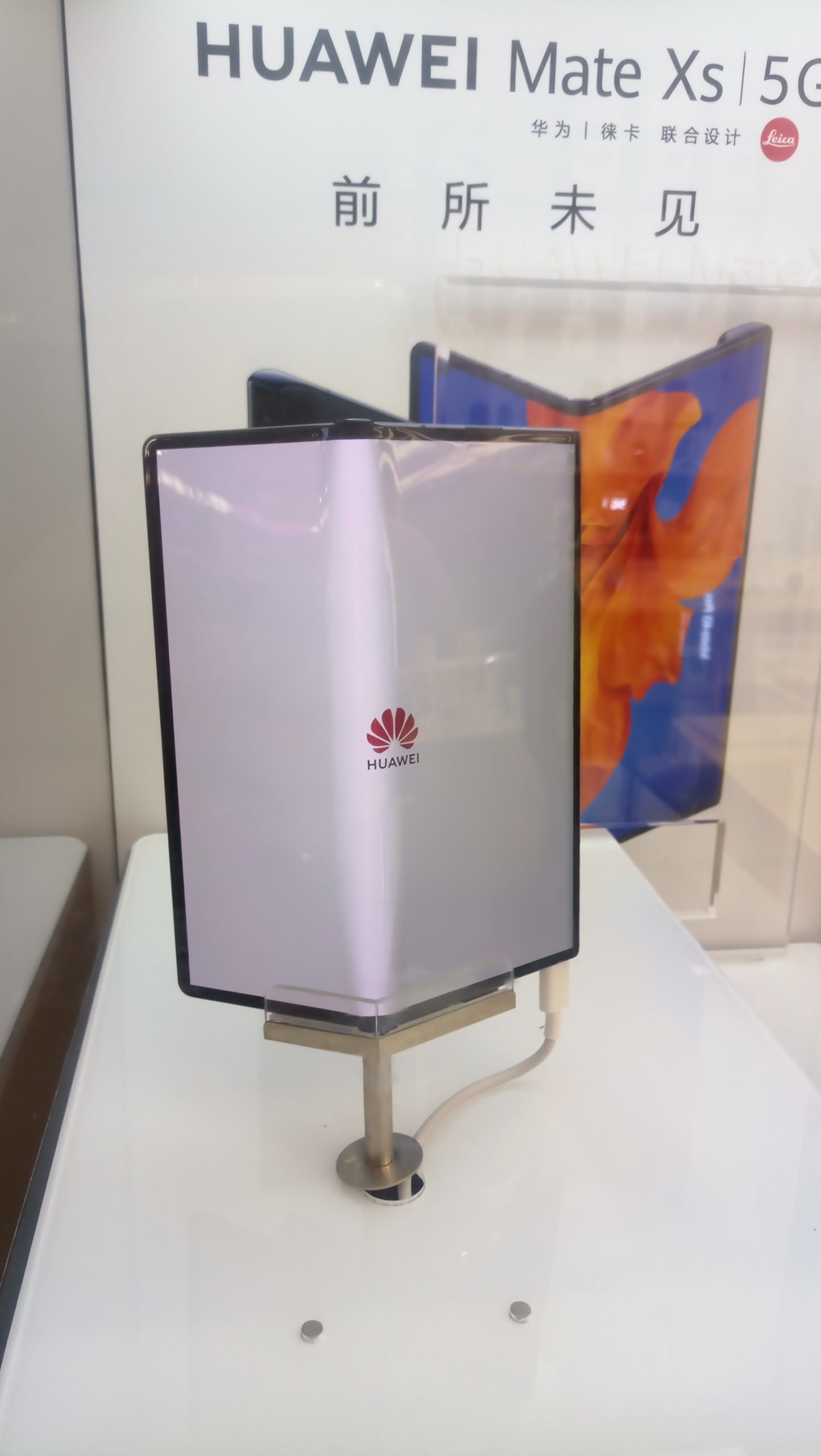Views: 17
Huawei Poses a National Security Threat To The United States

Google is warning the US government that its ban on Chinese tech giant Huawei actually puts America’s national security at risk by forcing Huawei to produce an insecure operating system that could be exploited by bad actors, both governments and lone hackers alike.
That’s the claim in a new report by the Financial Times, providing a peek into the lobbying effort that’s going on behind the scenes as the New Cold War plays out in the world of technology.
Companies like Google, Intel, Broadcom, Qualcomm, and others were abruptly ordered to stop doing business with Huawei last month over concerns that the Chinese telecom company could theoretically provide the Chinese government with ways to spy on American citizens.
But Google is reportedly pushing back and arguing that by forcing Huawei to build its own “hybrid” version of the Android operating system, it actually makes Huawei smartphones much more vulnerable to attack.
“Google has been arguing that by stopping it from dealing with Huawei, the US risks creating two kinds of Android operating system: the genuine version and a hybrid one.
The hybrid one is likely to have more bugs in it than the Google one, and so could put Huawei phones more at risk of being hacked, not least by China,” an unnamed source with knowledge of the conversations between Google and the US government told the Financial Times.
Huawei is reportedly working on its own operating system since the company will lose access to Google’s official Android OS in less than three months. Huawei will likely create its hybrid OS by using Android’s open source version, at least in part.
From the Financial Times:
In the past few weeks, senior Google executives have approached the commerce department asking either for another extension or to be exempted from the ban altogether, according to those briefed on the conversations.
In doing so, it has joined groups representing major US microchip makers, such as Qualcomm, who are also worried about the impact the ban will have on their business.
A commerce department official said its Bureau of Industry and Security routinely responded to “inquiries from companies regarding the scope of regulatory requirements” to “ensure private industry compliance” with export controls.
“This is not new to this administration, nor do these discussions influence law enforcement actions,” the person said. “The highest priority of the department and BIS remains the protection of our nation’s security.”
Google would not confirm or deny the report about its lobbying efforts to Gizmodo, but did seem to hint that the Financial Times report was accurate.
“Like other US companies, we’re engaging with the Department of Commerce to ensure we’re in full compliance with its requirements and temporary license,” Google told Gizmodo this morning by email.
“Our focus is protecting the security of Google users on the millions of existing Huawei handsets in the United States and around the world.”
But the Huawei battle isn’t the only problem that Google faces on the American political stage these days. The United States Department of Justice is probably opening an antitrust investigation into the company, the House Judiciary Committee is opening its own inquiry, and US politicians like Ted Cruz are even weighing in on the latest controversy over YouTube, which is owned by Google.
Silicon Valley has largely been more protected from political fights in the US than they are in places like Europe, simply because Big Tech has home-field advantage. Previously, American politicians didn’t want to pursue action against companies like Facebook and Google because they were American companies making a lot of money for Americans. But that’s obviously changed in the world of Trump.
The president has even gone after major American telecoms company AT&T, calling for a boycott of the company because it owns CNN, which Trump is constantly calling “fake news.”
With top Democratic contenders like Elizabeth Warren calling for a breakup of Big Tech, both sides of the aisle are going after companies like Google in a way that we’ve never seen before. And their home field advantage probably won’t be worth very much anymore as we head into a new decade and the New Cold War shows no signs of slowing down.
Source: News Now.








You must be logged in to post a comment.